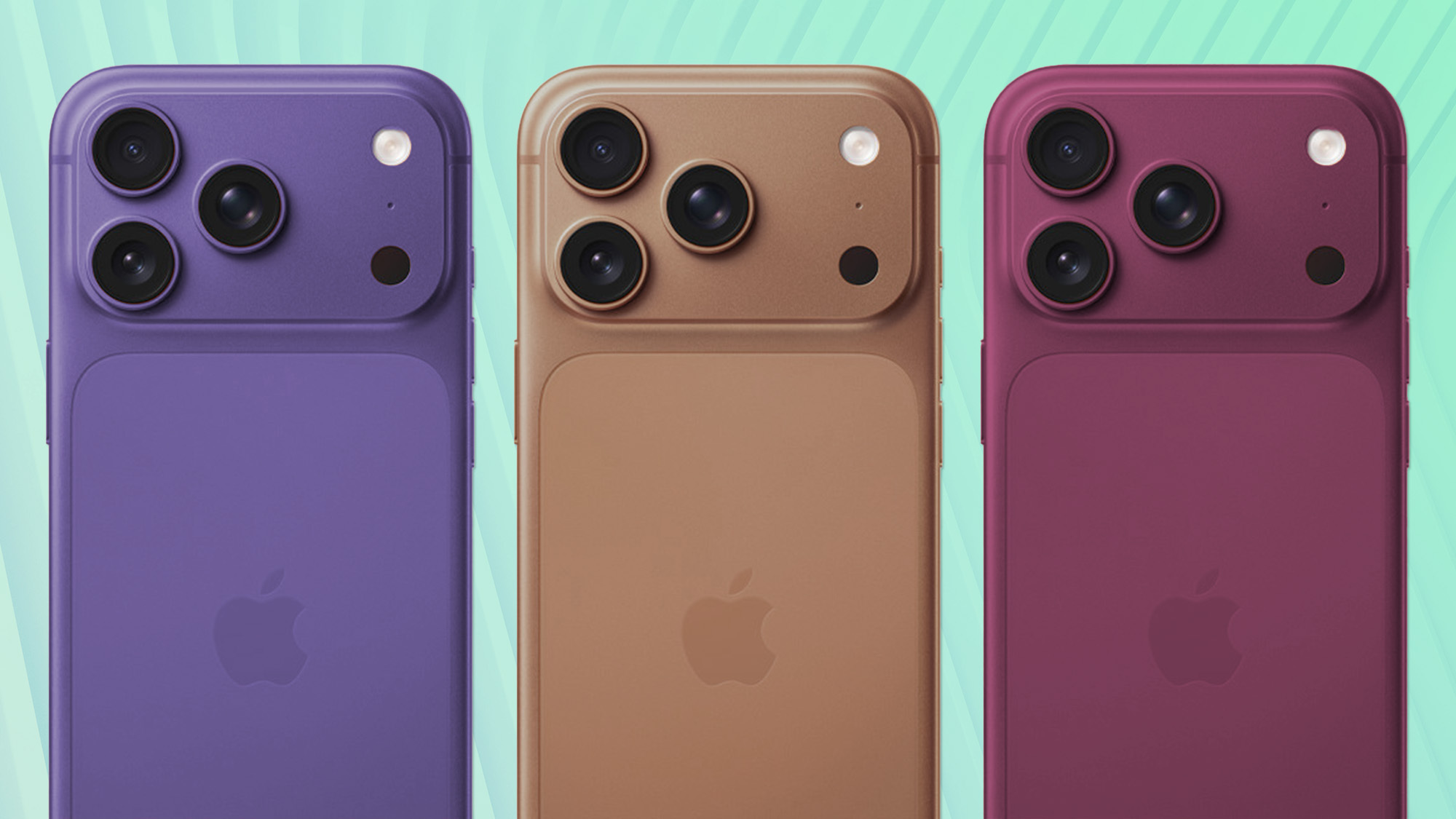Hogwarts Legacy: Is it wrong to buy the new Harry Potter game?
Buying Hogwarts Legacy could benefit a bigoted creator — or a hardworking game studio
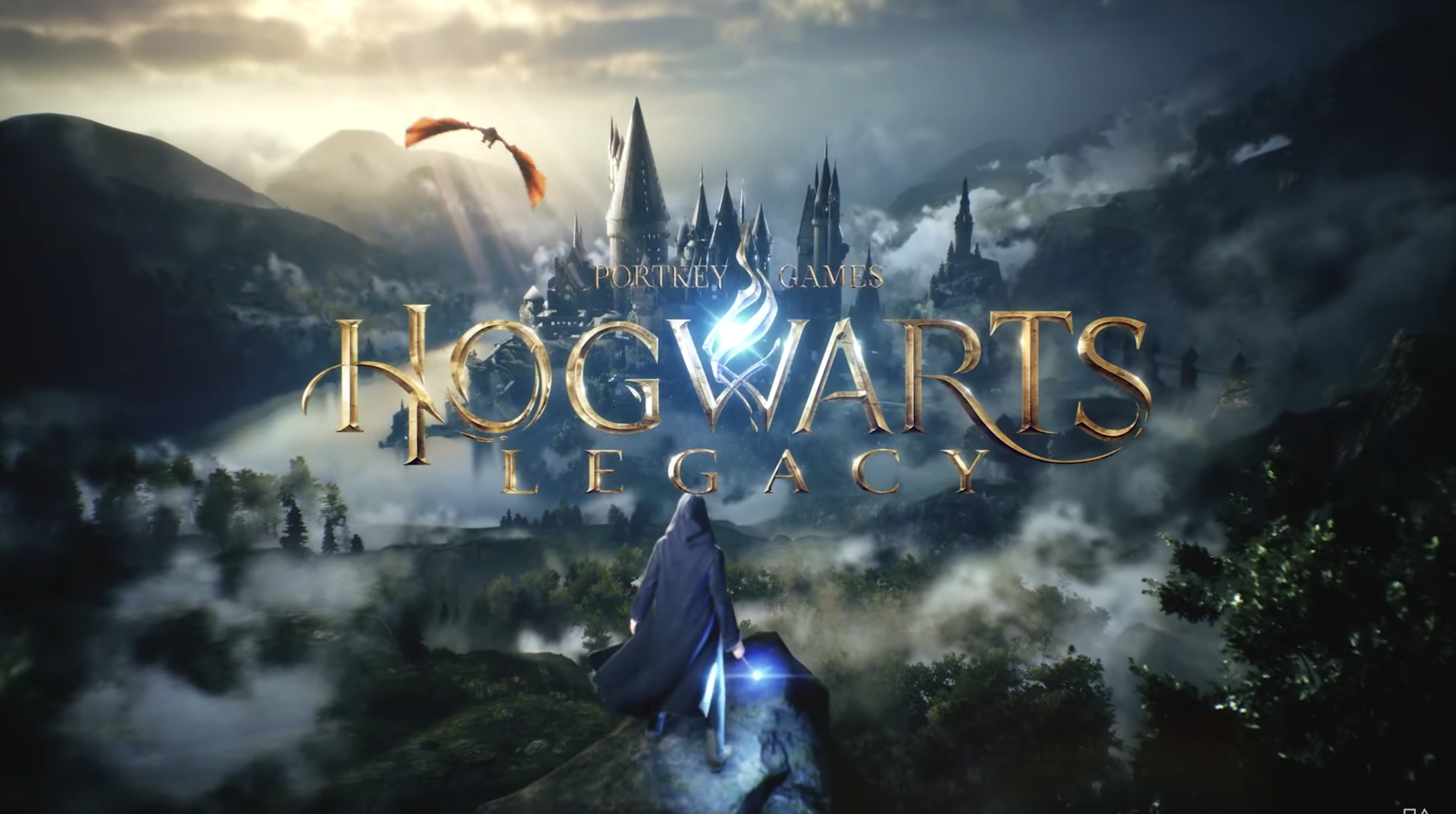
Here at Tom’s Guide our expert editors are committed to bringing you the best news, reviews and guides to help you stay informed and ahead of the curve!
You are now subscribed
Your newsletter sign-up was successful
Want to add more newsletters?

Daily (Mon-Sun)
Tom's Guide Daily
Sign up to get the latest updates on all of your favorite content! From cutting-edge tech news and the hottest streaming buzz to unbeatable deals on the best products and in-depth reviews, we’ve got you covered.

Weekly on Thursday
Tom's AI Guide
Be AI savvy with your weekly newsletter summing up all the biggest AI news you need to know. Plus, analysis from our AI editor and tips on how to use the latest AI tools!

Weekly on Friday
Tom's iGuide
Unlock the vast world of Apple news straight to your inbox. With coverage on everything from exciting product launches to essential software updates, this is your go-to source for the latest updates on all the best Apple content.

Weekly on Monday
Tom's Streaming Guide
Our weekly newsletter is expertly crafted to immerse you in the world of streaming. Stay updated on the latest releases and our top recommendations across your favorite streaming platforms.
Join the club
Get full access to premium articles, exclusive features and a growing list of member rewards.
After months of speculation, Sony finally revealed Hogwarts Legacy during its PS5 September showcase. This open-world RPG will debut next year for both current- and next-gen systems, and give Harry Potter fans an opportunity to create and customize their very own witch or wizard in an original story set in the 1800s. Generally speaking, it’s the kind of game that Harry Potter fans have dreamed of playing for years — and thanks to J.K. Rowling, it’s not at all clear whether they should actually pick it up.
For those who haven’t followed the controversy, Harry Potter author J.K. Rowling has spent the last few months making insensitive remarks about transgender women, then doubling down on those comments. It would take too long to reiterate the whole story, but Glamour has an excellent breakdown on what Rowling said, how her peers responded, and why the issue has persisted for three months and counting. Over the past few years, Rowling has occasionally espoused other transphobic ideas, particularly in her books.
- PS5 release date, price, specs, controller and pre-orders
- Xbox Series X release date, price, pre-orders, specs and games
The bottom line is that Harry Potter fans now have a dilemma on their hands: Should they buy the game or not? The social media battle lines have already formed. On one side is the “creator” argument: Rowling will benefit financially from the game, so it’s immoral to buy it. On the other side is the “studio” argument: A huge development team, which doesn’t include Rowling, created the game, and a boycott would hurt them much more than it would hurt the author.
While I don’t have a definitive answer on whether people should buy Hogwarts Legacy or not, it’s worth taking time to break down each argument and help readers decide for themselves.
The argument for buying Hogwarts Legacy
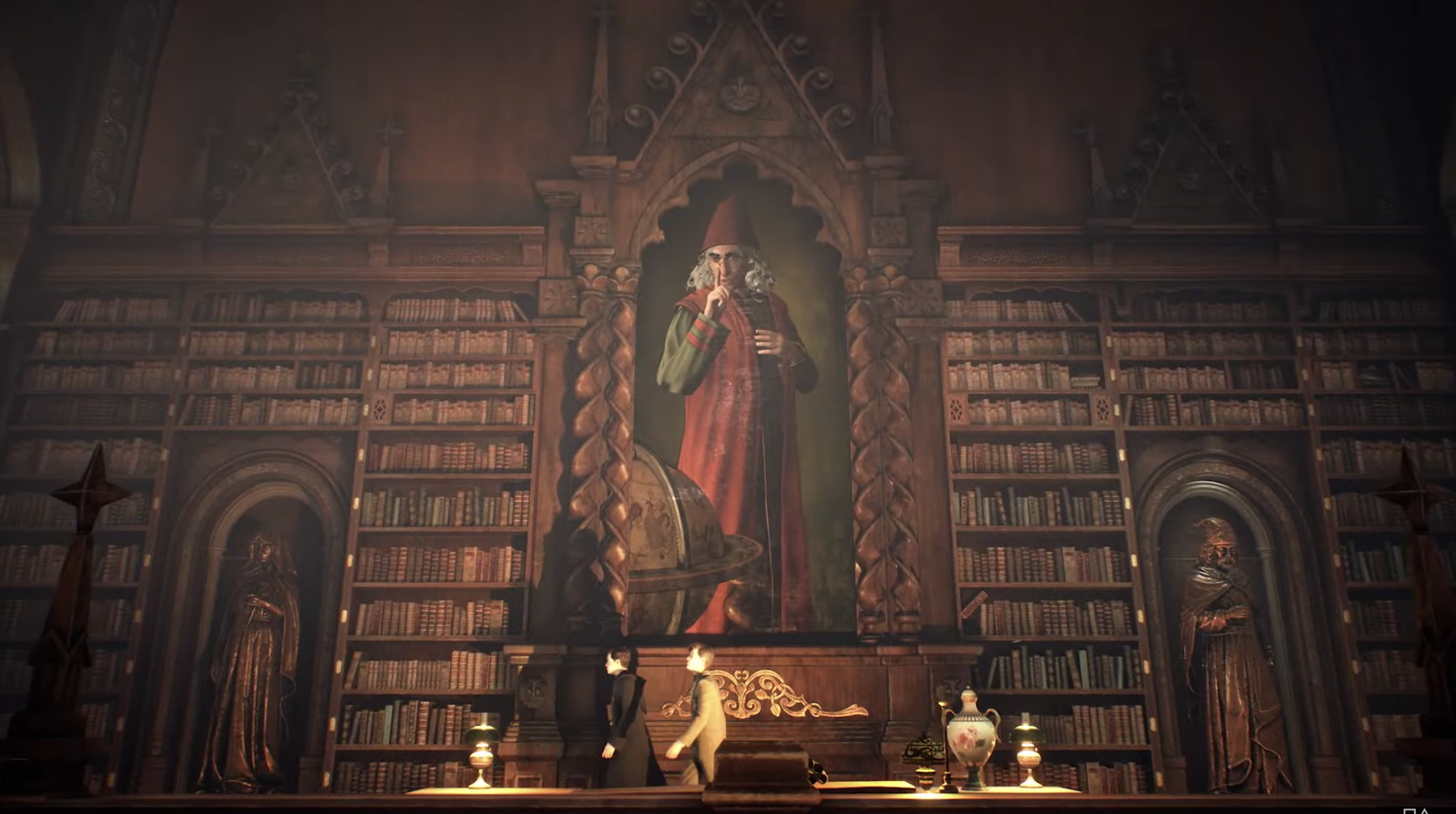
First off, this piece assumes that a) you find Rowling’s comments somewhere between “misguided” and “repellent,” and b) you have at least a passing interest in playing Hogwarts Legacy. If neither one of those is true, my recommendation would be to wait for the reviews, then decide whether or not to pick it up, same as any other game.
The primary argument for buying Hogwarts Legacy is simple: Rowling herself had nothing to do with the game. According to the Hogwarts Legacy FAQ:
“J.K. Rowling is not directly involved in the creation of the game, however, her extraordinary body of writing is the foundation of all projects in the Wizarding World. This is not a new story from J.K. Rowling.”
Get instant access to breaking news, the hottest reviews, great deals and helpful tips.
In other words, while Hogwarts Legacy uses Harry Potter as a foundational text, Rowling had no more to do with the game’s development than did J.R.R. Tolkien with Middle-earth: Shadow of Mordor.
While the game would not exist without Rowling, she’s not the driving force behind it. The development and publishing teams at Avalanche Software and Portkey Games are. Avalanche Software is the game developer behind titles like Disney Infinity, Dragon Ball Z: Sagas and Tak and the Power of Juju. Portkey Games, as the name suggests, is a Warner Brothers-owned publisher focusing exclusively on Harry Potter games.
Avalanche Software has hundreds of employees; Portkey’s size is not clear, but it’s probably not small, considering it’s also published the popular Harry Potter: Hogwarts Mystery and Harry Potter: Wizards Unite on Android and iOS. The employees who work at these studios don’t have hundreds of millions of dollars to their names, as Rowling does. Their bread and butter is creating video games. If you boycott Hogwarts Legacy, you could be hurting them an awful lot more than you’ll be hurting Rowling. Even if the employees don't earn sales-related bonuses, a studio with a game that doesn't sell is often a studio that disbands.
There’s also the practicality argument. Rowling has had plenty of opportunities to retract her comments and become more sympathetic to the transgender community. She hasn’t. Even if Hogwarts Legacy absolutely tanks, Rowling will almost certainly still make money off of it, as it costs money to use the Harry Potter license in the first place. She’s going to be a powerful, influential, wealthy author whether or not you buy the game, and she’s unlikely to learn anything from a boycott, even if it picks up incredible steam — which video game boycotts rarely do.
In short, not buying a game may punish the developers more than it punishes Rowling, and she’s not going to be affected by your decision, one way or another.
The argument for boycotting Hogwarts Legacy
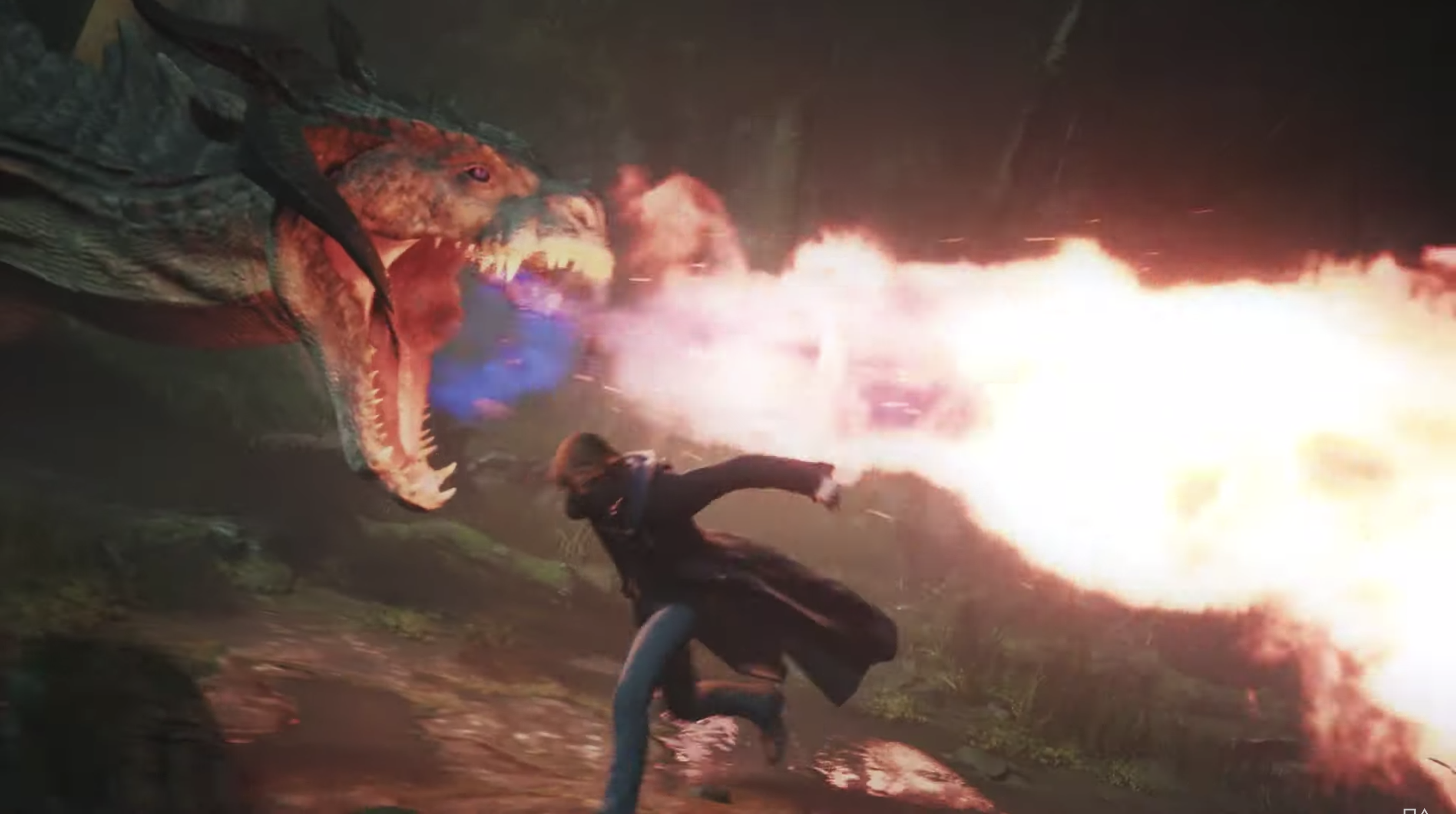
The primary argument against buying Hogwarts Legacy is also simple: The game is based on Rowling’s work and made with her blessing, so supporting it also supports her, however indirectly.
While we don’t know the exact details of Harry Potter’s licensing agreement with Warner Brothers, we can reason that Rowling made some money when the company greenlit Hogwarts Legacy. It’s not impossible that she’ll receive residuals based on game sales. If the game sells well, it could get expansions, spin-offs or sequels, which would mean more money and success for Rowling.
Even assuming that Rowling didn’t make a penny off of Hogwarts Legacy, though, the game is still a reflection of the work she created. Suppose the game becomes massively popular and dominates the social media conversation for a month or so before the fervor dies down. That’s time spent idolizing Harry Potter and, by extension, Rowling.
The more attention people pay to Harry Potter, the bigger Rowling’s platform, and the more influential she is. Conversely, if no one buys Hogwarts Legacy, there won’t be much of a conversation around it, and Rowling won’t have the opportunity to capitalize off of the game’s success.
This argument has a moral dimension to it as well: If you support Rowling, either financially or with your attention, then you’re at least tacitly OK with what she has to say. You may not agree with her takes on the trans community, but they’re also not enough of a dealbreaker to stop you from buying a game you want to play. Trans individuals are real people with real lives, and negative sentiment against them — particularly from a large, influential platform like Rowling’s — could have tangible consequences. Their respect and safety, the argument goes, is more important than your enjoyment of a video game.
One part of the “boycott” argument is also a longshot, but worth mentioning. If enough people loudly and definitively refuse to buy or play Hogwarts Legacy, it’s possible that Rowling will see that she’s let down her fans, take a step back from social media, and come back with revised opinions. While I personally don’t see this happening, people can and do adjust their beliefs all the time, particularly when a big event shakes them out of their complacency. If this happens, then boycotting Hogwarts Legacy wouldn’t just be an act of individual sacrifice — it could also “redeem” Rowling and, by extension, the whole franchise.
The hard truth
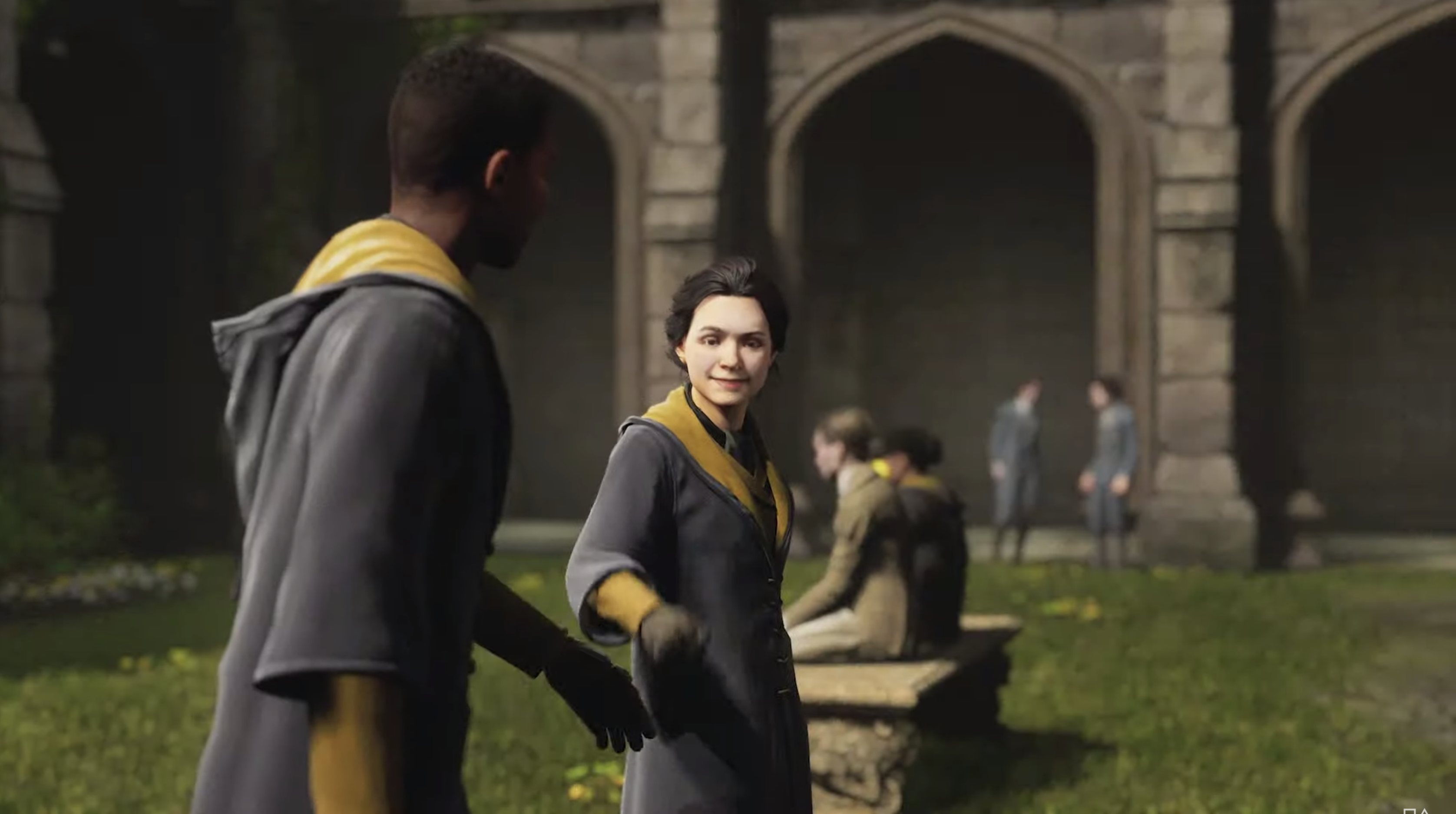
The unfortunate truth of the matter is that neither one of these arguments holds a lot of water. It’s not that either one is factually inaccurate; it’s just that they both assign a moral dimension to a one-time video game purchase that far exceeds its actual impact. Whether you think you’re standing up for developers by buying a copy or sticking it to Rowling by boycotting, both viewpoints seem like rationalization, at best, and sophistry, at worst.
Rowling has already made money from Hogwarts Legacy. She may make more money once it comes out. The developers have already been paid. They may get paid more, or less, or lose their jobs depending on how well the game sells. All of these things are true. But here’s another true statement: Whether or not you buy a $70 video game should not be the cornerstone of your moral code.
If you buy the game, Rowling may make more money. If you don’t, a developer may lose money. Those are two valid considerations. But you may have fun if you buy the game. That’s a valid consideration, too. You may also feel better about yourself if you donate $70 to a trans charity instead: yet another valid consideration.
My advice, then, is simple: Buy the game, or don’t buy the game, based on what feels right to you. You’re allowed to buy and play something simply because you want to, and you’re allowed to avoid it because you can’t condone what its creator said. In the grand scheme of things, there are bigger and more important ways to make a difference.

Marshall Honorof was a senior editor for Tom's Guide, overseeing the site's coverage of gaming hardware and software. He comes from a science writing background, having studied paleomammalogy, biological anthropology, and the history of science and technology. After hours, you can find him practicing taekwondo or doing deep dives on classic sci-fi.
 Club Benefits
Club Benefits










